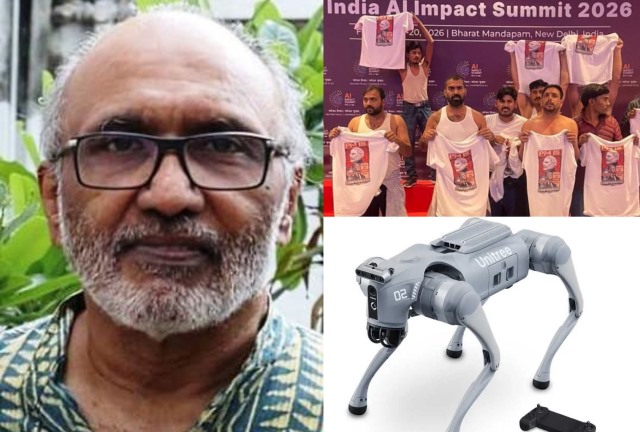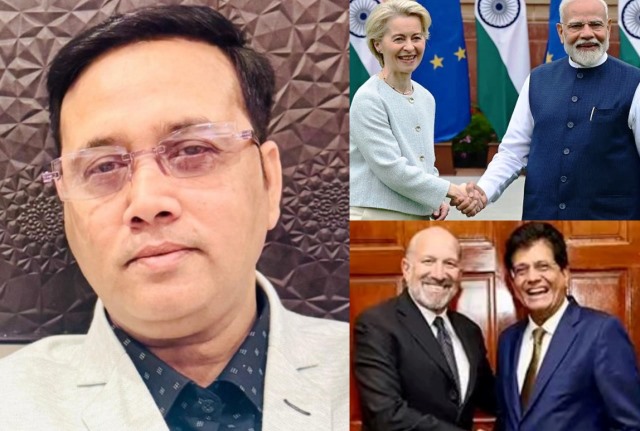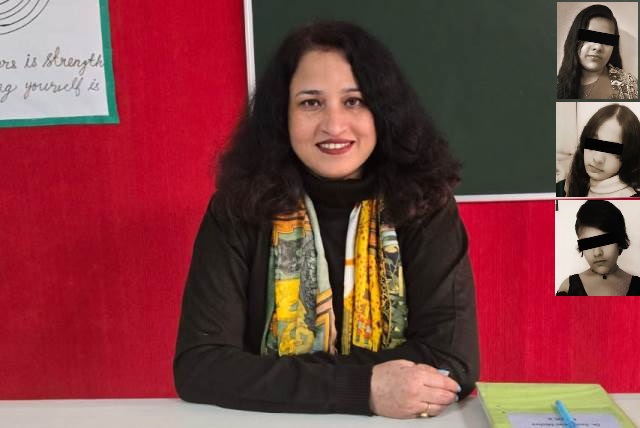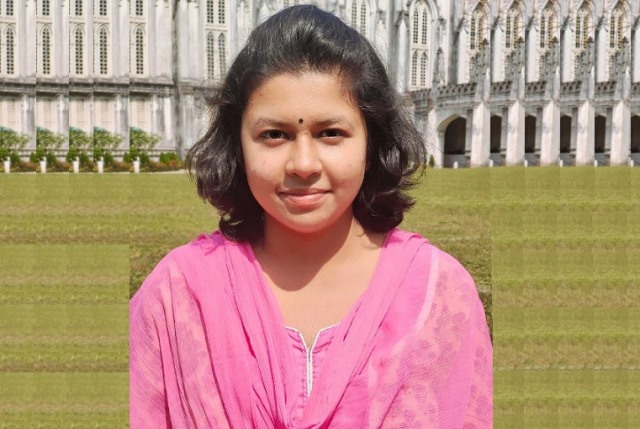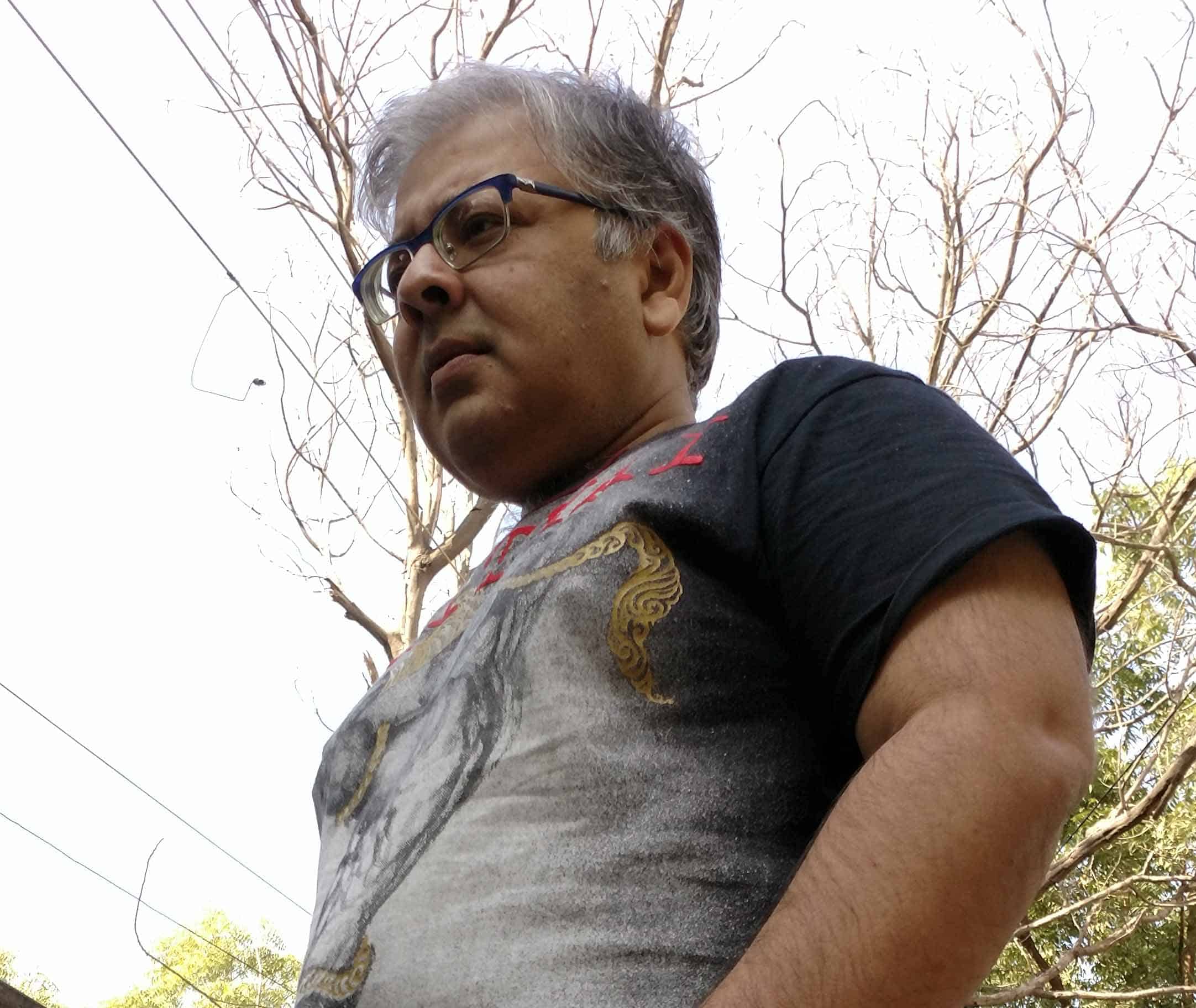
A Writers Voice: Aditya SInha
ADITYA ON WRITING Tell our readers about your latest book The CEO Who Lost His Head. It’s a satirical look at the Indian media in the guise of a murder mystery. It is also a modest tribute to the city of Mumbai. It’s set in a newspaper office where the CEO is murdered, and the police investigation is focussed in the office itself, as the usual jealousies and miseries of the workplace translate into murder motives. It has a kickass protagonist in the form of sub-inspector Mona Ramteke. How easy or difficult is it for you to write fiction after a series of non-fiction books? It is not that easy since non-fiction is basically an extension of the work I have done for 30 years, namely journalism. Non-fiction is just long-long-form writing. Also, non-fiction looks at the world through a prism of a certain discipline. Fiction is an entire universe in which a whole-picture view is necessary to maintain at the back of your head. You’re not necessarily trying to be a poet in non-fiction, but you have to be poetic in fiction to capture the essence or the entirety of things.

Each of your books is different from the other; is that a conscious effort on your part?
A colleague once accused me of having no discipline because I read all types of books. I like to think that I am trying to be a renaissance man. Writing the same thing might get boring. There is so much in life to discover, and the years are slipping by, so why stick to one thing?
Of all the books you have written, which book have you enjoyed the most in writing and which was the most difficult and why?
Every writing assignment is something I enjoy, because that’s the only way I’ll complete it! The most difficult I would have to say is currently in progress. That’s all I can reveal.
Are you a disciplined author, with fix hours alloted to writing or a moody author who writes as per his inspiration?
A bit of both. I am a man of disciplined routines, so I write in the mornings; never in the evenings except for the rare editing work. I’m moody at times, so there are days where I don’t feel like writing and find some excuse to avoid it, mainly through chores.
How do you plan your day and your writing?
I just plan to write, and get going. I don’t have trouble getting started, because I just pick up where I previously left off, and I don’t try to keep it in control, for that I leave to the rewriting and editing stages. Rewriting happens constantly.
How easy or difficult is it to cooperate with co-authors while writing a book?
Depends on who you’re cooperating with. With former RAW chief AS Dulat, with whom I did Kashmir: The Vajpayee Years, even though I knew him for over two decades, it was tough going at first because Mr. Dulat was so cagey, and so I tried to wriggle out of the project. But once he saw the logic in being open he cooperated, all credit to him. I’ve met lots in the intelligence community, and they mostly have sticks up their asses. Mr. Dulat that way is a gem of a person.
Is it true that the man wielding the pen influences the final shape of the book more than the man who is narrating his life story through that book?
Many former officials write books and they are as boring as constipated feces. The Dulat book, however, is engaging; senior politician Farooq Abdullah told me he loved the flow of the book and read it in two sittings. Mr. Dulat at a book launch complimented me on the “artistry” with which the book was written. He had the final say on the editing, so some juicy stuff got cut out of the final book, which to my mind was totally his prerogative.
ADITYA ON KASHMIR
You have reported and written extensively on Kashmir; do you think the situation is any worse today than it has been in the past few decades?
It definitely reminds me of the early 1990s, when many of us journalists thought that Kashmir had slipped out of India’s hands, what with the daily mass protests in the streets. The big difference, of course, is that armed militancy was much more organised and lethal back then, with lots of gunmen everywhere and groups operating all over the Valley. The current movement appears to have learned its lesson from too much armed violence. The current sentiment is as anti-India as it has ever been.
Some critics allege that you have been accommodating and are biased towards Dr. Farooq Abdullah in your past two books, namely Farooq Abdullah: The Prodigal Son and Kashmir: The Vajpayee Years. Your comment?
Ha ha ha ha ha ha ha ha ha ha ha ha ha ha ha ha ha ha ha ha ha ha ha ha ha…
Can there be a solution to Kashmir without Farooq Aubhallh? Is he becoming irrelevant with advancing age and shrinking mass base?
Didn’t he just win an election? What shrinking mass base? In fact, with advancing age, he’s the most relevant Muslim politician in India today.
ADITYA ON AUTHORS AND PUBLISHING
Lord V.S. Naipaul famously said that the novel is dead; how do you view his comment and his writing?
Naipaul’s writings are great meditations. He’s like a wandering philosopher, with some very deep thinking. His process is marvellous. As for his comment, I disagree. People say things like this, but I don’t know why. Novels, books, journalism… everything undergoes evolution and change.
Do you think journalist turn author bring their own ‘reporting style’ to their books? And is that an advantage or handicap?
An advantage, always. The thing with any kind of writing is that a writer is always trying to find “their voice”. When that happens, they’re finally ready to write, and what they write will ring true and authentic. “Reporting style” to my mind is just a variation of finding one’s “voice”.
Is it possible to make a living just by writing books?
No, unless you are one of the lucky few who make it big. And even then, most of those high-earners are more businessmen than writers.
Is the publishing world biased towards ‘established’ journalists and authors, and gives them an undue advantage at the cost of other more talent but unknown authors?
Well, how do you know if an unknown has more talent? There is a bias, but if true talent exists, publishing will find it. Most people who complain are delusional about their own abilities.
Is English press and books given disproportionate respect, importance at the cost of vernacular press or publishing?
What respect is it given? Nowadays intellectuals are badmouthed by all sorts of louts. At the same time, vernacular publishing is held back, but because of its own problems, politics and pettiness.
Why do you think that the books can compete and survive the other mass and free mediums of entertainment like TV and the internet?
Competing and surviving are two different things. I don’t think books should compete; I think reading, even newspapers, has mostly been a niche activity, and that the mass circulation of broadsheets in the past three decades was an aberration. TV is a mass medium, and the internet is a most democratic and immediate medium, whereas books have a longer gestation period, so they are incomparable.
UPA government years were covered by Sanjaya Baru, P.C. Parakh, and Vinod Rai. Do you support this trend or there should be a gestation period before such books on or by government servants are written?
Most books by government servants err on the side of caution, so to my mind it makes no difference if there’s a “cooling down” period or not. Ninety per cent of such books are going to be biased, boring, trash anyway.
ADITYA ON LIFE AND JOURNALISM
What are the remaining items on your bucket list?
I have several books that I need to write and I worry that I might pop off before the list is done. I would like to visit Iceland and the South Pole and also South Korea and Switzerland. I want to visit Space.
Which authors and genres you enjoy reading the most?
I enjoy anything that is good, cutting across genres. When I was a young man then Gabriel Garcia Marquez changed my life, Leo Tolstoy was an inspiration, Joseph Heller was an idol, AJP Taylor was a role model. Authors I have recently enjoyed include Akhil Sharma, Jerry Pinto, Shashi Warrier, Jeet Thayil, Arnaldur Indridasson.
Has age and experience changed the way you look at the world and people? Does age make a person wiser, or religious, or cynical?
Yes to all three. Experience has made me less excitable, I guess. Experience has made me boring. Everything has a déjà vu quality to it. Age has made me appreciate women of all ages.
In you long experience as a journalist and editor which images, famous people or events made a lasting impression on you?
The lasting impressions on me have come from readers. It has always been a ‘Letter to the Editor’ that has made me sit and think and take away a lesson, than meeting any Prime Minister or President. The reader will always surprise you with her/his common-sense and wisdom.
Journalist and editors once commanded respect and awe; not a section of them are openly labelled as paid media. How did things come to such a pass? Also, is this a new phenomena or favouritism in return of government largesse has always existed?
The fact that some are called paid media means they still command respect and awe, otherwise, why would anyone bother to pay them? Things came to pass not because of journalists, but because of media-owners who have little patience for the mission of news, and who have business interests which they feel their media is supposed to protect, not put at risk. Owners are beholden to advertisers, not to readers, and so things have come to this sorry pass. Don’t blame journalists.
Government largesse has always existed. Some people acted holier than thou about it, but they do exactly the same. It is currently on display.
What can Indian journalists and media learn from the West and vice versa?
Indian journalists can learn to tell truth to power and stand up to the government of the day. The fact that we have such a diverse society and end up covering a vast array of people and subjects is something the Westerners can learn from. They come to India, stare with their mouths open, and then return to the safety of their stenography in Washington DC or Central Command.
What are the most interesting or offensive but true things about Indian that foreigners say?
That we have no concept of personal space.
